Let us break the SQL interview with the help of SQL Server interview questions.
Key Features
Database Basic Concepts
SQL Fundamentals
DDMS, SQL Statements, and Clauses
SQL Operators, Datatypes, and Keywords
SQL Functions, Wildcards and Dates
SQL Joins and CASE Statement
SQL DDL, DCL, and DTL Statements
SQL Stored procedures, Triggers, Views, and Transactions
SQL Keys, Indexes, Injection, and Constraints
SSRS, SSIS, SQL Cloud database (Azure), and JSON Support
New features of SQL 2016, 2017, and 2019
SQL Performance Improvement Tips
Fuzzy Interview Questions and Answers
Description
This book gives you a complete idea about the SQL database. It starts from a very basic concept like what is a database, its usage, types, creation, and data storage, security, sorting, and searching for a stored procedure. This book is a complete set of interview breaking questions and answers with live examples and plenty of screenshots. This book takes you on a journey to mastering the SQL database, including SQL datatypes, functions, triggers, and stored procedures. This book also covers the latest and new features of SQL 2016, 2017 and 2019 CTP with examples.
In the beginner section, we start with very basic concepts like what is a database, why to use a database, different types of database types, what is SQL, its usages, advantage and disadvantages, SQL datatypes, its different operators and how to use them with samples.
In the intermediate section, we will learn about the different SQL functions, SQL Joins (used to fetch values from multiple SQL tables) and SQL DDL, DCL, and DTL commands.
(About the last chapters) This is the advanced section of the book where we have provided an explanation of the SQL stored procedure, triggers and SQL view concepts, additionally, we have covered SQL core concepts like keys, indexes, injections and constraints. We have also introduced cutting-edge concepts like SSRS, SSIS, SQL Cloud database (Azure), JSON Support and a list of the new features of SQL 2016, 2017, CTP-2019 with SQL performance improvement tips. Finally, we have ended the book with a series of random SQL questions and answers.
What you will learn
After reading this book, you will be able to understand SQL database concepts, handle core database activities like data security, searching, migration, and sorting. You will be able to handle the database transactions, use different SQL datatypes, functions, triggers, and stored procedures to save and retrieve data from the database. You will also be able to understand advanced SQL concepts like SQL reporting services, integration services, cloud database and new features from the latest SQL versions like 2016, 2017, and 2019.
Who this book is for
This book is built in such a way that it is useful for all categories such as technical or non-technical readers. This book is perfect. If you are a fresher and you want to learn about SQL, or if you are a teacher and you want to spread SQL knowledge, this book is very helpful. If you want to crack the database interview or if you are working as a DBA and you want to upgrade your knowledge, or if you are backend developer, database tester, performance optimizer, or if your role is that of a database admin, SQL developer, data analyst, mobile app developer or if you are working on core SQL concepts, this book is just right for you.
This book is very useful as it contains many simple real-time scenarios for each concept. All functionalities are explained with real SQL screenshots and database records.
Table of Contents
1. Database and SQL Basics
2. DDMS SQL Statements and Clauses
3. SQL Operators, Keywords, and Datatypes
4. SQL Operators
5. SQL Functions, Wildcards, and Dates
6. SQL Joins and CASE Statement
7. SQL DDL, DCL, and DTL Statements
8. SQL Stored Procedures, Triggers, Views, and Transactions
9. SQL Keys, Indexes, Injections, and Constraints
10. SSRS, SSIS, SQL Cloud database (Azure), and JSON Support
11. New features of SQL 2016, 2017, and 2019
12. SQL Performance Improvement Tips and Fuzzy Interview Questions
About the Author
Prasad Kulkarni is a Microsoft MVP reconnect, Technical leader, Author, Agile Scrum Master and Blogger. He has 13 years of core experience in Microsoft technologies such as SQL, ASP.NET, MVC, ASP.NET Core, VB.NET, SQL server, word Automation, Office development etc. and other technologies such as HTML, CSS, jQuery, JavaScript, Bootstrap, and XML etc. He is very passionate about Microsoft .NET technology. He likes to write articles and blogs on different aspects of SQL stuff and .NET, also like to help developers resolve their issues and boost them on Microsoft Technologies.
Prasad has impressive certifications as Microsoft Certified Professional (MCP), Microsoft Certified Technology Specialist (MCTS) and Agile Scrum Master, Prasad was also awarded the most valuable member at dotnetspider, most popular curator, most active curator, and featured curator at Microsoft Curah, and editor at dotnetspider, he has awarded for his articles on codeproject.
LinkedIn Profile: https://in.linkedin.com/in/prasad-kulkarni-389152a5
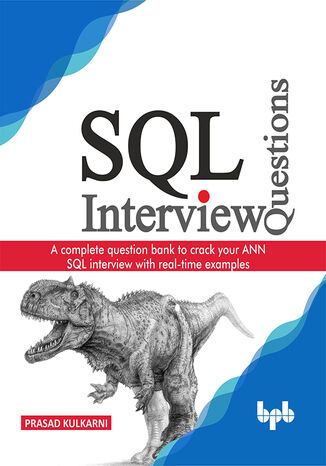




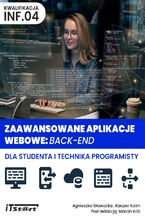



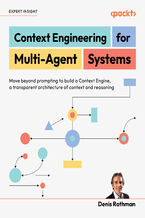

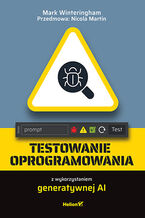

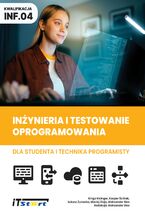
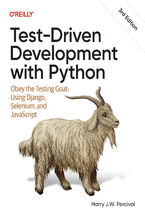






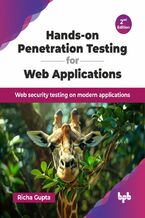
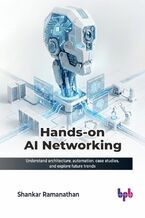
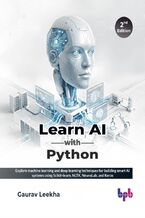
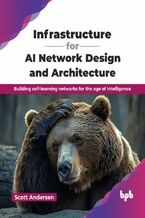

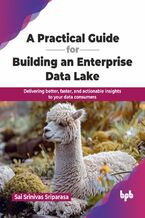
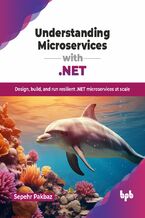
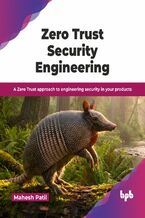
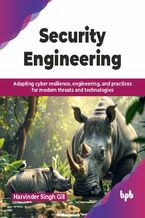

Oceny i opinie klientów: SQL Interview Questions Prasad Kulkarni
(0)